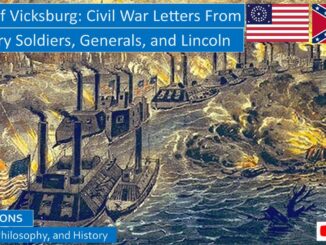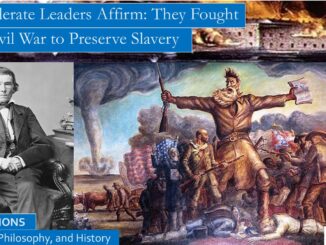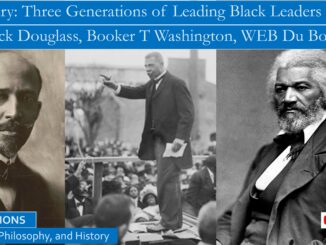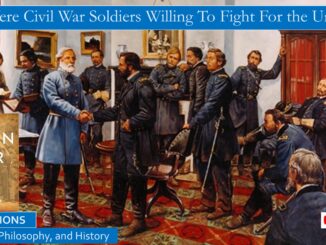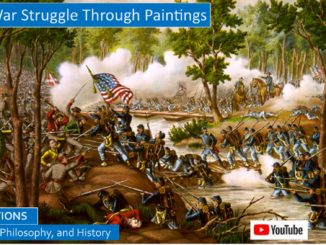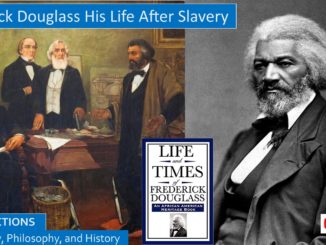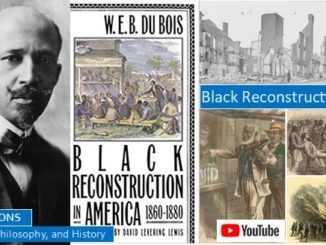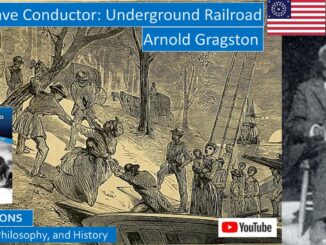
Arnold Gragston: Slave Conductor on the Underground Railroad Assists Runaway Slaves
Gragston remembers: “Mr Tabb was a pretty good man. He used to beat us, sure; but not nearly so much as others did, some of his own kin people, even. But he was kinda funny sometimes; he used to have a special slave who didn’t have nothing to do but teach the rest of us—we had about ten on the plantation, and a lot on the other plantations near us—how to read and write and figger. Mr Tabb liked us to know how to figger. But sometimes when he would send for us and we would be a long time coming, he would ask us where we had been. If we told him we had been learning to read, he would near beat the daylights out of us—after getting somebody to teach us; I think he did some of that so that the other owners wouldn’t say he was spoiling his slaves.” […]

